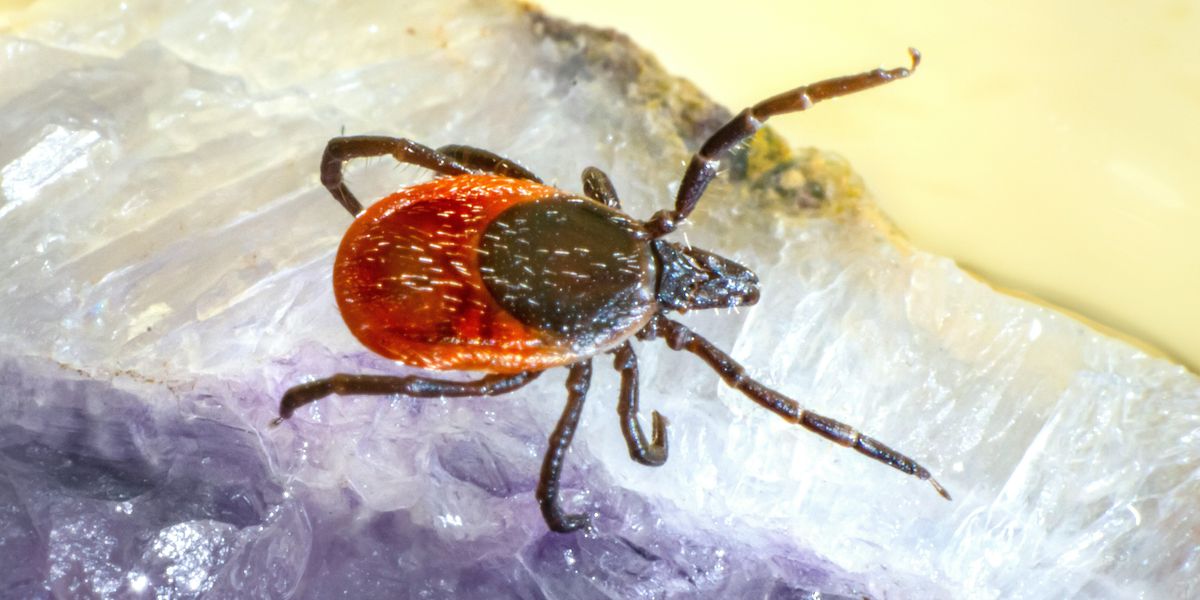
Tick-borne disease once rare in the South now spreading through Delaware, Maryland, and Virginia
A malaria-like illness spread by black-legged ticks has taken hold in parts of the mid-Atlantic, raising concern among researchers who warn local doctors may not be prepared to recognize or treat it.
Zoya Teirstein reports for Grist.
In short:
- A new study shows that babesiosis, a tick-borne disease once mostly confined to the Northeast and Upper Midwest, has been found in ticks in Virginia, Maryland, and Delaware for the first time.
- Climate change — through warmer winters, increased rainfall, and expanded tick habitat — is contributing to the spread of the Babesia parasite and the rodents that carry it.
- The disease is often misdiagnosed or missed entirely due to low physician awareness, which researchers say could lead to more severe cases and unnecessary complications.
Key quote:
“Tick range expansion is occurring at such a precipitous rate that public health guidance regarding tick-borne disease prevention and treatment can be rapidly rendered obsolete.”
— Study authors
Why this matters:
As winters grow milder and rainfall increases, ticks once confined to northern forests are making themselves at home in southern states, bringing with them diseases that many doctors outside of tick hotspots don't know to look for. Babesiosis, which destroys red blood cells and can lead to organ failure, is especially dangerous for older adults and people with weakened immune systems. Many cases go undetected because symptoms can mimic other illnesses or appear mild, allowing the infection to progress untreated. When doctors miss diagnoses, the consequences can be deadly.
Learn more: Ticks on the rise: a family's encounter reveals growing concerns













